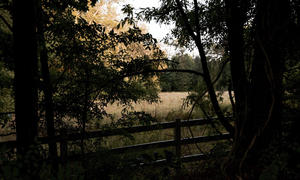article
4,340 Results
professional development
Examining Your School's Climate
Use these resources to assess your school's climate.
July 6, 2009
article
A Time of Transformation and Possibility

The United States has championed human rights around the globe but needs to consistently ensure those protections domestically.
lesson
Text-Dependent Questions for “Slavery as a Form of Racialized Social Control”
These questions accompany Teaching 'The New Jim Crow' Lesson 3: Slavery As A Form Of Racialized Social Control.
July 17, 2017
page
Our Votes Matter: Action Steps in Planning to Vote
This Civics for Democracy learning resource provides action steps for participating in today’s election process.
September 13, 2024
text
Informational
Una Vida de Esperanza
In this interview, Luis Rodriguez describes how the systemic demoralization he faced in school and society at a young age drove him to join a street gang and how writing his book, Always Running, was an attempt to call his son and other young people in similar situations to change their lives.
June 20, 2016
article
Toolkit for "A Matter of Life and Death"
Not sure where to begin teaching about religious diversity and liberty? Check out these resources.
article
Toolkit for “A Museum. A Memorial. A Message.”

This toolkit—adapted from our viewer’s guide for 'An Outrage: A Documentary Film About Lynching in the American South'—provides guidance for educators hoping to tackle this tough topic in the classroom.
teaching strategy
Exploring Texts Through Read Alouds
Anchor Charts
An anchor chart is an artifact of classroom learning. Like an anchor, it holds students' and teachers' thoughts, ideas and processes in place. Anchor charts can be displayed as reminders of prior learning and built upon over multiple lessons.
July 13, 2014
article
#dontshoot
The tragic loss of Michael Brown presents an opportunity to help students connect with our collective humanity.